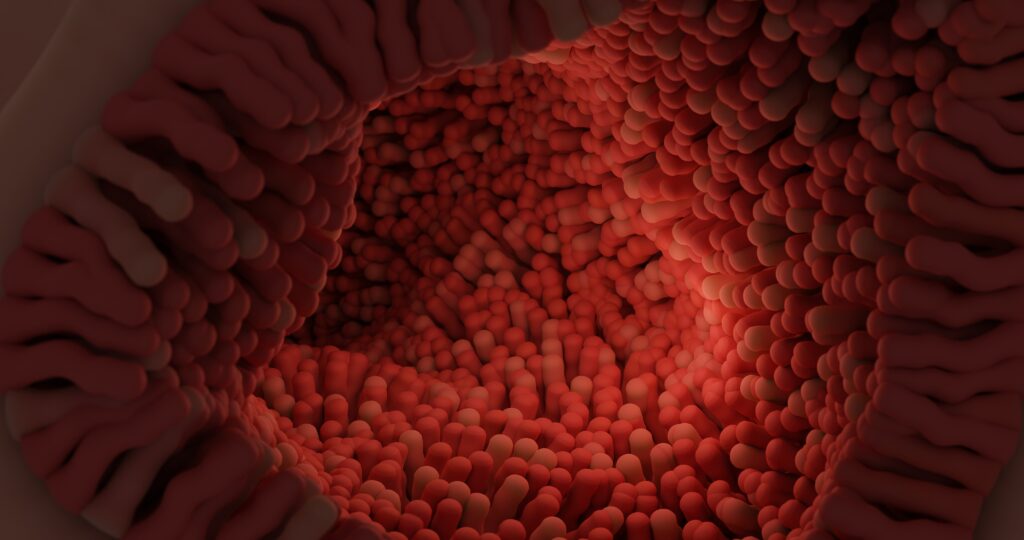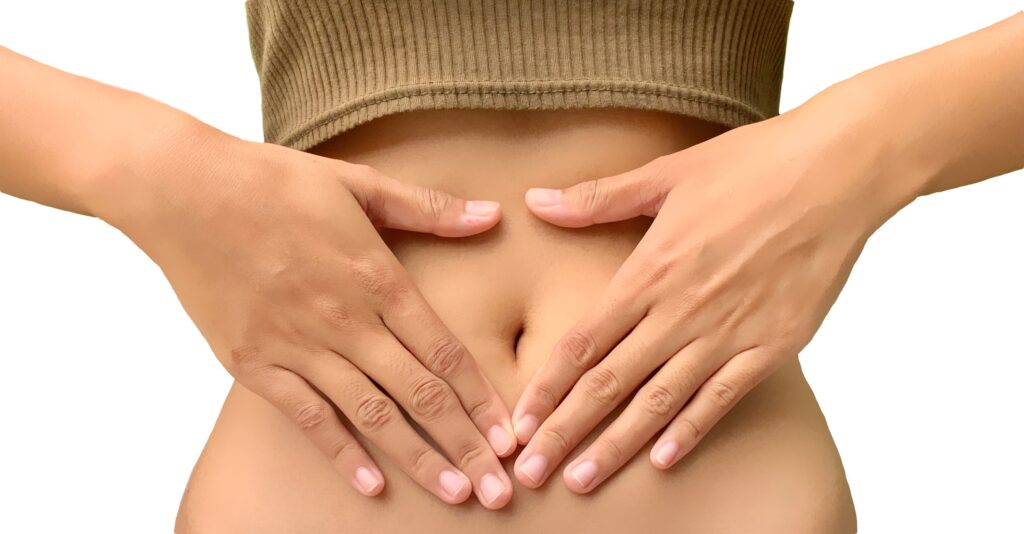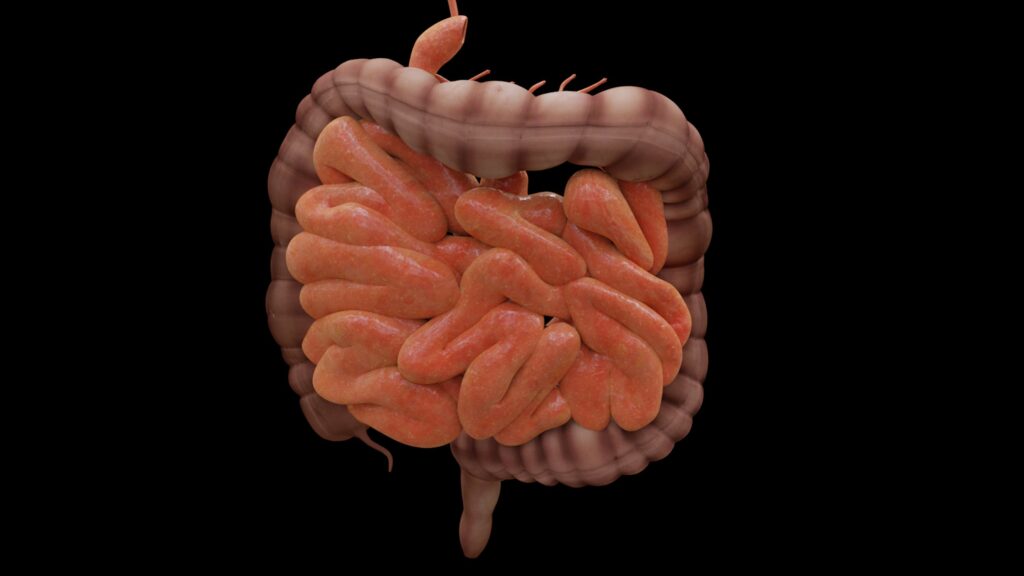How Can I Heal My Gut Fast?:

Taking care of one’s digestive system is more crucial than ever in this hectic modern environment. In addition to facilitating digestion, a healthy gut is essential to one’s general health. A lot of people have trouble with their digestive systems because of stress, environmental pollutants, and the widespread use of processed meals. How to fast and successfully heal your gut is the topic of this essay.
Understanding Gut Health:
Now that we have a basic understanding of what a healthy stomach is, we can dive into therapies. The gut microbiota is a community of billions of bacteria that live in your digestive tract and are essential for many bodily functions, including mood control, immunity, and digestion. Bloating, gas, constipation, and diarrhea are just some of the digestive problems that can arise when the delicate balance of these bacteria is upset.
Sure thing! Anybody serious about bettering their health should make learning about gut health a top priority. The gut microbiota is an assortment of trillions of bacteria, fungus, and other microbes that call your digestive tract home. In addition to regulating the immune system and mood, these microbes are essential for digestion and metabolism.
A vast assortment of helpful bacteria help break down food, absorb nutrients, and generate important vitamins; this diversity characterizes a healthy gut microbiota. Disruptions to this delicate equilibrium, such as those caused by unhealthy eating habits, stress, drug side effects, or sickness, can result in dysbiosis, also known as an imbalance in gut flora. Intestinal problems including gas, bloating, diarrhea, or constipation, systemic inflammation, or infection vulnerability are common symptoms of this imbalance.
People may help their digestive systems function at their best by learning about the importance of gut health and the variables that affect it. Some examples of this include eating more nutrient-dense foods, reducing stress, staying away from things that upset the digestive system, and increasing your intake of probiotic-rich foods and supplements. Taking care of your digestive system first might have far-reaching effects on your health and vigor in the long run.
Identifying Gut Issues:

Finding the source of your digestive problems is the first step towards a full recovery. If you notice any symptoms like gas, constipation, or pain after eating particular foods, it’s important to pay attention. A food journal can be a useful tool for identifying patterns and triggers.
Learning to recognize the symptoms that can point to an imbalance in your digestive system is the first step in diagnosing gut disorders. Keep an eye out for these frequent gastrointestinal issues:
- Bloating: Discomfort after eating, gassiness, or swelling, and maybe even apparent belly distention.
- Irregular Bowel Movements: This can manifest as either constipation, in which bowel movements are less frequent or harder to pass, or diarrhea, in which bowel movements are more frequent and more watery than normal.
- Abdominal Discomfort: Continual, mild to severe, cramping, pain, or discomfort felt in the belly area.
- Heartburn or Acid Reflux: chest or throat pain, especially after eating or when lying down, and regurgitation of stomach acid are common symptoms.
- Food Intolerances: Food allergies cause gastrointestinal problems including gas, bloating, diarrhea, or stomach pain when eaten in excess or in particular meals.
- Unexplained Weight Changes: Weight loss or gain that doesn’t correspond with changes in food or activity levels could be a sign of gastrointestinal problems that are interfering with the body’s ability to absorb nutrients or use them.
- Fatigue and Low Energy: Chronic inflammation in the gut or inadequate nutritional absorption can lead to feelings of persistent lethargy or exhaustion, even after getting enough sleep.
- Skin Issues: Inflammation and gastrointestinal abnormalities can worsen skin disorders such as acne, rosacea, or eczema.
- Mood Changes: Disruptions to the gut microbiota and the gut-brain axis might impact emotional symptoms like anxiety, sadness, irritation, or cognitive fog.
- Frequent Illness: When the gut microbiota is out of whack, it can lead to a compromised immune system that is plagued by recurrent infections, colds, and other ailments.
It’s worth noting that the severity of these symptoms can differ and that they might be similar to those of other medical issues. When seeking diagnosis and therapy, keeping a symptom diary that details when symptoms arise and what can cause or relieve them can be helpful in identifying trends.
Dietary Changes:
In order to heal the gut, one must make modifications to their diet. Here are a few important changes to think about:
- Increase Fiber Intake:Increase Fiber Intake: Make it a point to eat a lot of fiber-rich foods like beans, fruits, nuts, seeds, and whole grains. By encouraging regular bowel movements and providing food for good bacteria in the gut, fiber aids in healthy digestion.
- Focus on Whole Foods: Reduce your intake of processed foods since they are prone to gut-harming chemicals, preservatives, and artificial substances. Instead, put an emphasis on nutrient-dense, natural foods that have not been processed and are devoid of any potentially dangerous additives.
- Incorporate Fermented Foods: The probiotic bacteria found in fermented foods such as yoghurt, kefir, sauerkraut, kimchi, and kombucha help keep the digestive tract healthy. You can assist your gut flora get back in balance by eating these items.
- Limit Sugar and Refined Carbohydrates: Inflammation and the proliferation of bad bacteria in the stomach can result from eating too many refined carbs and sugars. Eat less sugary snacks, desserts, and drinks and more complex carbs like fruits, vegetables, and healthy grains.
- Moderate Alcohol and Caffeine: Two substances that have the potential to irritate and even damage the gastrointestinal tract are caffeine and alcohol. To aid in gut healing and inflammation reduction, cut back on caffeinated drinks and alcoholic beverages.
- Consider Eliminating Trigger Foods: Certain foods, such dairy, gluten, soy, or nightshade vegetables, might cause sensitivities or intolerances in some people. To determine whether your symptoms improve after removing possible trigger foods from your diet, you should gradually reintroduce them until you reach a point of tolerance.
- Stay Hydrated: For proper gut function, it is necessary to be adequately hydrated. To aid with digestion, vitamin absorption, and toxin clearance, drink lots of water all day long.
- Include Healthy Fats: Avocados, nuts, seeds, olive oil, fatty fish, and seeds are all good sources of healthful fats. A healthy gut is one that is able to absorb fat-soluble vitamins more easily and has less inflammation, both of which are supported by healthy fats.
- Eat Mindfully: Eat with awareness by taking note of whether you’re full or hungry, chewing your food completely, and appreciating its textures and flavors. Digestive health and nutrient absorption can both benefit from eating slowly and deliberately.
- Seek Professional Guidance: Get in touch with a certified dietitian or healthcare provider for individualized advice and recommendations if you need help deciding which dietary changes are best for you, have particular dietary limitations, or are dealing with health issues.
Avoiding Trigger Foods:
It is best to limit or avoid eating certain foods if you already have gastrointestinal problems. Sugary processed foods, those with artificial flavors or colors, and refined carbs are examples of what may fall into this category. Many people experience relief from their symptoms by temporarily cutting off dairy and gluten.
Stress Management:
Improving digestive health and general wellness requires effective stress management. Disruption of the gut bacterial balance, increased inflammation, and symptoms like stomach pain, bloating, and changes in bowel habits are all ways in which chronic stress can harm the digestive system. Consequently, it is critical to encourage gut healing by implementing effective stress management strategies.
Mindfulness meditation, in which one merely observes one’s internal experiences without attaching any value judgments, is one method for dealing with stress. Research has demonstrated that regular mindfulness practice lowers stress levels, boosts mood, and increases resilience to stress in general. You can activate your body’s relaxation response and counteract stress’s effects on the gut by practicing techniques like guided visualization, progressive muscle relaxation, and deep breathing.
Exercising regularly is a great way to keep your stress levels down and your digestive system healthy. The feel-good and stress-relieving neurotransmitters endorphins are secreted into the bloodstream during physical activity. Relaxation, better sleep, and general health can all result from doing what makes you happy, whether that’s yoga, walking, swimming, or dancing. To get the most out of your workouts, try to do 30 minutes of moderate exercise on most days.
Adding relaxation practices to your daily routine can help reduce stress and encourage gut healing, just like mindfulness and exercise. Journaling, going for walks in the park, listening to soothing music, or pursuing artistic interests are all examples of activities that can fall into this category. Improving gut function and quality of life can be achieved through finding healthy ways to deal with stress and making self-care activities a priority that nourish the body, mind, and spirit.
Also, make an effort to deal with whatever is causing you persistent stress, whether it’s at job, in your relationships, with your finances, or any other area of your life. You can learn to handle difficult situations and overcome obstacles with the help of loved ones or a mental health expert. A more balanced internal environment can aid in gut healing, and stress management and self-care can help you achieve that.
Table of Contents
Supplements and Probiotics:

Supplements and probiotics, along with dietary adjustments, can facilitate healing of the intestines. Prebiotic vitamins feed good bacteria in the gut, and digestive enzymes speed up the digestion process. Supplements with probiotic bacteria, such as Lactobacillus and Bifidobacterium, can also help keep your digestive system healthy.
Hydration and Gut Health:
Ensuring good gut function requires proper hydration. To aid with toxin flushing and to nourish the mucosal lining of the stomach, aim to drink lots of water throughout the day. Coconut water and herbal teas are two more hydrated options that are good for your digestive system.
Exercise and Gut Health:
Maintaining a regular exercise routine has numerous health benefits, one of which is a healthy digestive system. In addition to lowering stress levels and increasing the diversity of gut flora, exercise aids digestion. To get the most out of your workouts, try to incorporate cardiovascular, weight training, and flexibility activities into your routine.
Seeking Professional Guidance:
It is critical to consult a healthcare provider if you continue to have gastrointestinal problems after making adjustments to your lifestyle. For accurate diagnosis and individualized advice on gut healing, see a gastroenterologist or certified dietician.
Conclusion:
A comprehensive strategy that takes into account nutritional, lifestyle, and stress-related elements is necessary for rapid gut healing. A healthy digestive system is a key to a healthy body, and you may get there by making deliberate decisions that put an emphasis on gut health.
